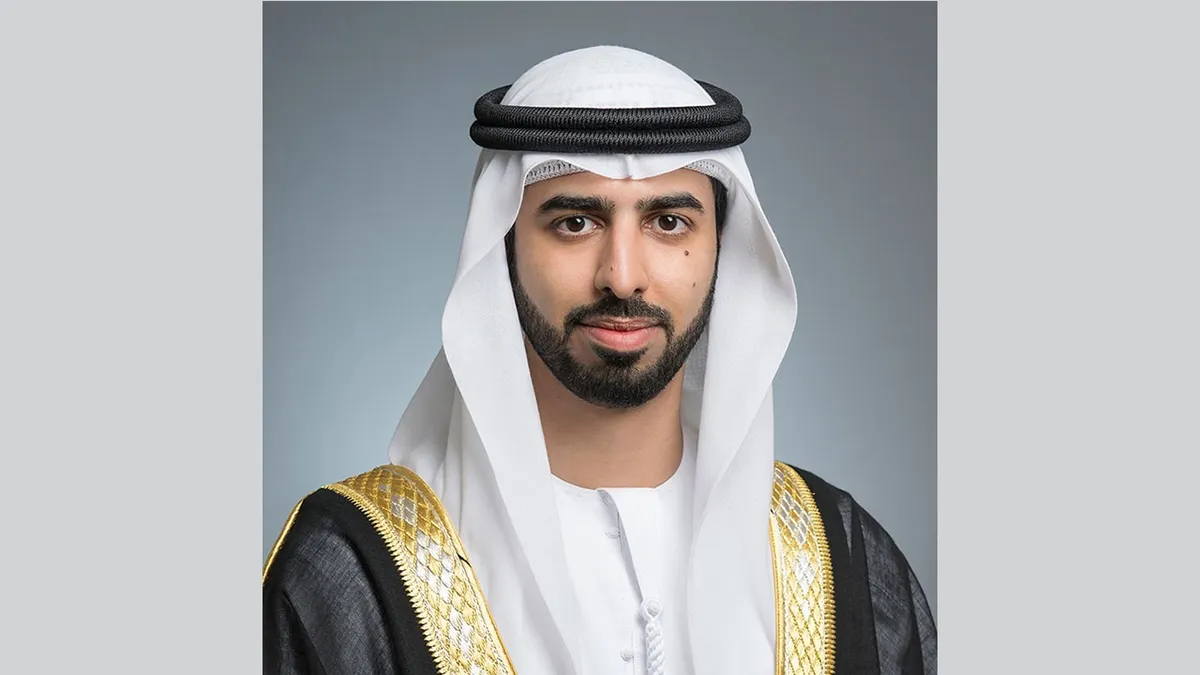
When Hamdan bin Mohammed, Crown Prince of Dubai and Chairman of the Executive Council, expressed his pride in Omar Sultan Al Olama’s appointment to the United Nations’ Advisory Council on Artificial Intelligence, it was more than a diplomatic nod. It was an affirmation of the UAE’s growing role in defining the contours of our future world, shaped by AI.
AI – A Tool For Global Challenges
Al Olama, the UAE’s Minister of State for Artificial Intelligence, joins 37 other global figures on the council, tasked with facing the challenges and harnessing the vast opportunities presented by AI. This isn’t just recognition of Al Olama’s credentials but also a testament to the UAE’s strides in the AI arena. ‘Proud of brother Omar Al Olama, who was chosen to be part of this important council. I wish all success to all Emiratis in their international assignments,’ stated Hamdan bin Mohammed. AI is not merely a technological revolution. It’s an instrument to tackle complex global challenges, from disease outbreaks and biodiversity loss to climate change impacts. A study by Columbia University and Cary Institute of Ecosystem Studies highlights the potential synergies between AI and the environment. AI can be adept at specific tasks but also faces many limitations and challenges. However, its application in environmental realms could facilitate progress in predicting future scenarios and understanding complex ecological systems.
AI’s Potential and Perils
The study also suggests that AI could aid in improving feedback loops and decision-making frameworks. It could contribute to providing greater general intelligence to AI systems, enabling them to think beyond the specific data on which their algorithms were trained. The astonishing resilience of ecological systems could inspire and enhance AI development. Yet, it’s crucial to acknowledge that AI systems are exceedingly fragile and bear potential devastating consequences. Misdiagnosed cancer or car accidents can result in catastrophic outcomes. Therefore, AI’s development should be cautious, with a focus on ethics and responsibility.
AI and The Environment – A Promising Intersection
AI’s role in environmental fields is one of the promising applications of this technology. Analyzing massive data sets, discovering missing links in complex environmental systems, predicting future scenarios, and designing proactive solutions to environmental challenges are all within AI’s purview. If developed and used correctly, AI could be a powerful tool in the environmental sector. Efforts should strive towards achieving a balance between harnessing the benefits of AI and avoiding potential risks. AI should be developed with ethical principles and responsibility, directing it towards solving urgent global issues. The appointment of Al Olama to the UN’s AI Advisory Council is a promising step in that direction, with the UAE playing a critical role in this global narrative.